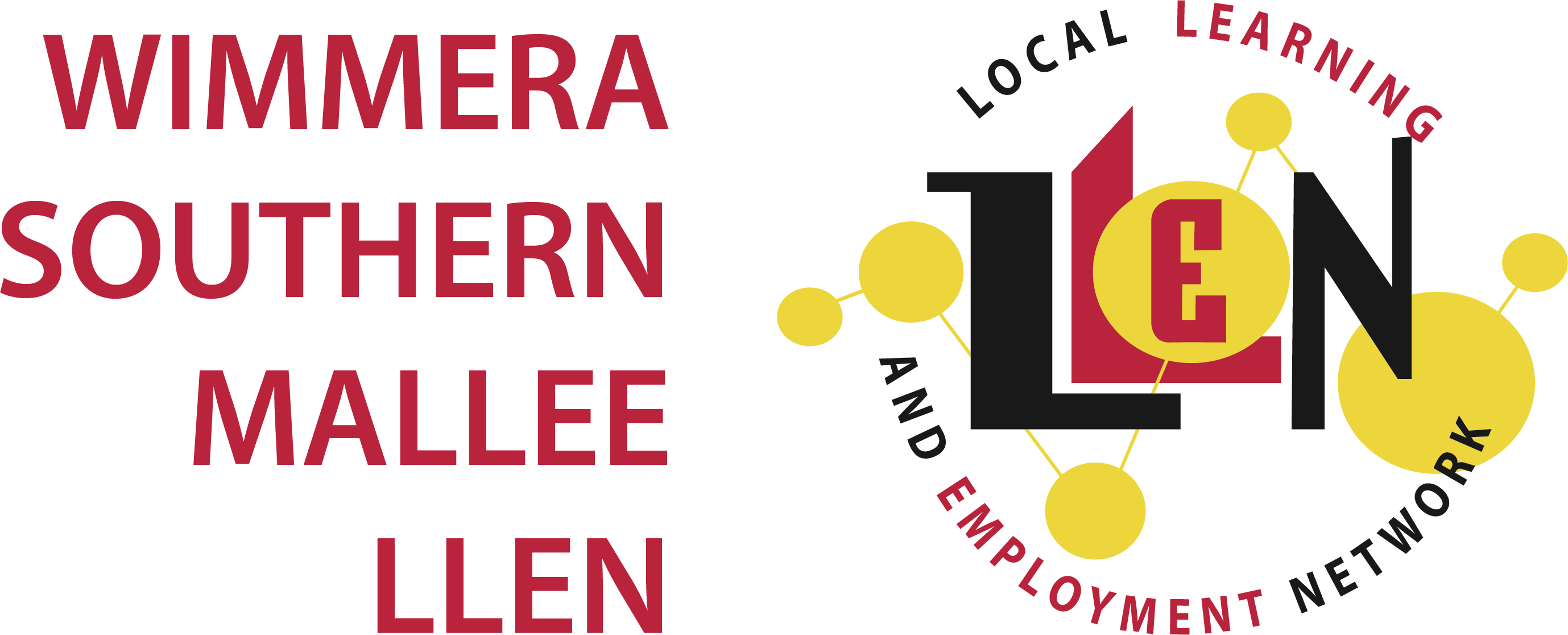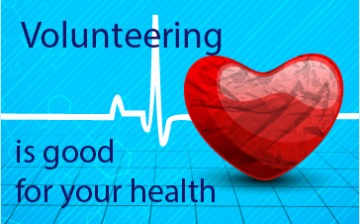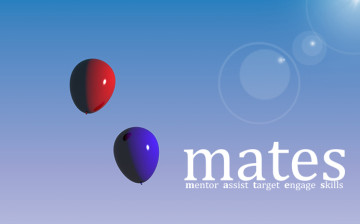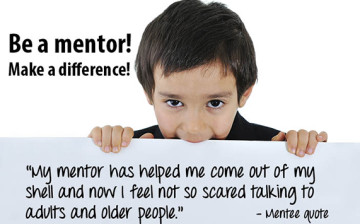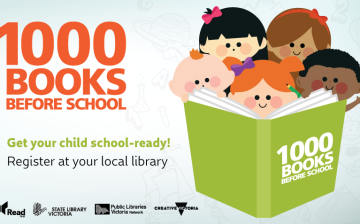Positive Reading Experiences
I had a most delightful phone conversation recently with a reading buddy. Olivia was referred to the Reading Buddies Program via Centre for Participation and attended a morning tea and information/training session to find out what was involved in being a reading buddy. She chose the school in which she would like to volunteer and we visited for an orientation session and arranged a time when she could regularly visit to listen to children read.
After her first reading buddies’ session, Olivia phoned to tell me about her ‘first day on the job’. She was reading with children in a prep class and found the children to be absolutely delightful. One little reluctant reader announced that she didn’t like reading and didn’t want to read. Olivia was able to call upon some of the ‘tips for reading with children’ that were covered in the Reading Buddies training session.
She began to engage the student by looking at and talking about the pictures in the book. This progressed to finding words or letters on the pages that the student could recognise and ended up with the student, somewhat hesitantly, reading her reader with her new reading buddy. At the end of the session, the reluctant little reader left with a smile and Olivia left with a great sense of satisfaction and delight and very much looking forward to the next session together.
I suspect that one of the reasons why some children struggle with reading or don’t like reading is because they have not experienced the delight of that special one-on-one time with an adult where they engage in the wonderful world of stories. Reading to young children is not simply an exercise in hearing and understanding words, it can be a deeply caring and bonding experience between the adult and the child. With such a positive experience generated around a book, reading becomes a delightful experience and hopefully instils a love of reading in the child.
Many children miss out on this special reading time with an adult. This is one of the reasons why we have a Reading Buddies Program in schools. It gives those reluctant little readers a positive experience with an adult where books are no longer a threat but a source of enjoyment.
We have never yet had too many Reading Buddies in our local schools. If you or anyone you know would like to share your love of reading with a child in a local primary school, please contact us. We are looking for more reading buddies for the beginning of the 2020 school year, so now is the time to start thinking about whether you could spare an hour a week to make a difference in a young person’s life.
Please contact us at The WSMLLEN Office:
info@llen.com.au Phone 03 5381 0122
Or you can register your expression of interest online at: https://www.llen.com.au/reading-buddies/
